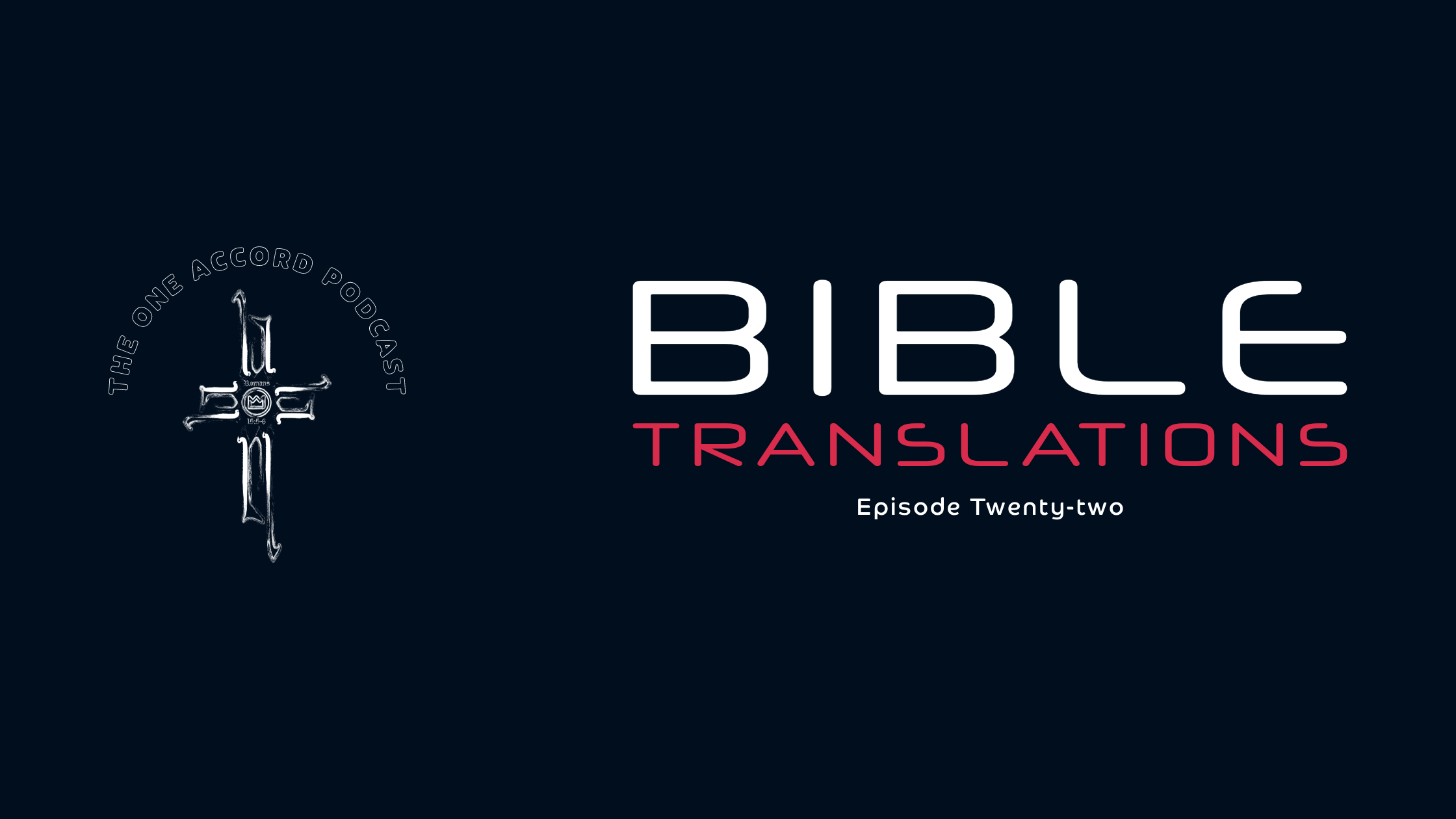Bible Translations
What makes for a good Bible translation? Is there an inspired translation? Is the King James Bible the only real translation?
Let’s talk about it.
Key Takeaways
The New American Standard translation is preferred by the hosts due to its literal and faithful representation of the original text.
Different translation approaches exist, ranging from word-for-word to thought-for-thought translations.
Translations that accurately convey the original text are important for understanding God's message.
Biased translations can promote certain theological views and may not accurately represent the original text.
Studying the original languages and using reliable tools can help discern the accuracy of translations. Studying the original languages and comparing translations can provide valuable insights into the meaning of the text.
Reading multiple translations can help identify commonalities and differences in wording, allowing for a more comprehensive understanding of the original message.
Free resources like Blue Letter Bible and Bible Gateway offer access to various translations for comparison.
The King James Only controversy is divisive and often based on misinformation and arrogance.
It is important to exercise caution when making claims about translations and to verify information before accepting it as true. Translation preferences can vary among individuals, and it is important to respect and fellowship with those who have different preferences.
Language changes over time, and it is crucial to use translations that are understandable to modern readers.
Accurate translations are essential for conveying the intended meaning of the original text.
Separating study time from devotional time can help maintain focus and achieve different goals in Bible reading.
Translations used by Jesus and the apostles varied, indicating that different translations can be beneficial for different purposes.
Related Article
For more on this important topic, check out our Trinity article linked here.

